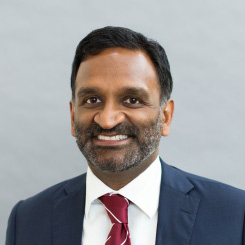Amy Welborn’s blog has a post on the January 21 conference Acton held in Rome and links to Jennifer Roback Morse’s recent Acton Commentary article.
Welborn’s post and comments can be read here. Roback Morse also wrote about the conference here.
Much of the debate is about whether there is one “European Social Model”. After all, European nations are still distinct enough to be affected by varying religious, cultural, and socio-economic factors. Yes, there may indeed be “Anglo-Saxon”, “Nordic”, “Continental” and “Latin” versions of the social model, but what they tend to have in common is this: high taxes, high regulations especially concerning labor markets, and radically secular populations.
This is certainly the model pushed by the European Union and its most influential member states upon new member states, many of which are post-Communist and therefore quite suspicious of state power and control. And no matter what you call the model, it tends to result in lower economic growth and shrinking populations – which will eventually spell the end of the welfare state because such as system depends on increasing tax receipts from a growing work force.
Of course there are and will always be exceptions. The British Ambassador to the Holy See attended the Acton conference and noted the UK and Ireland as such; Cardinal Alfonso Lopez Trujillo, President of the Pontifical Council for the Family, agreed but added that the trend still exists and needs to be addressed directly.
The problem is a lack of economic and religious freedom. High taxes and regulations are signs of increasing state control over the economy, and less economic freedom means less economic opportunity. (See Richard Rahn’s recent Washington Times column for the evidence.) On the religious front, Christians are marginalized in European public life, church attendance is declining, and the commandment to “be fruitful and multiply” is ignored. In the end, radical secularization and statism go hand-in-hand, as Mark Steyn argued in the Italian daily Il Foglio.
So how much more debate is needed? Isn’t reform the next necessary step? What Europe needs most right now are courageous leaders who are willing to risk unpopularity and even political defeat in order to promote a free and virtuous continent. They will have to remember the old saying that no good deed goes unpunished, but it’s a punishment that will eventually prove to be beneficial for Europe.

